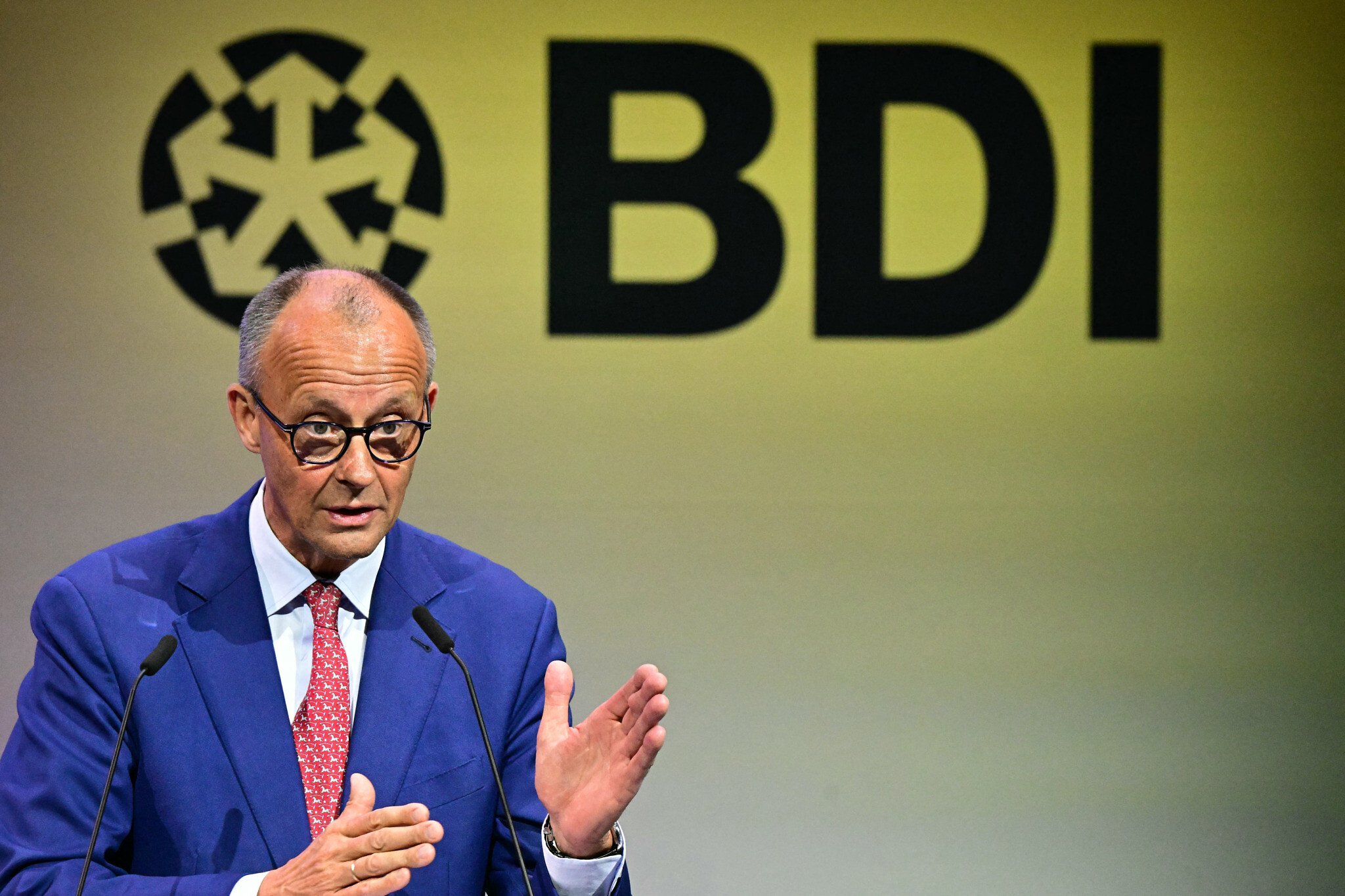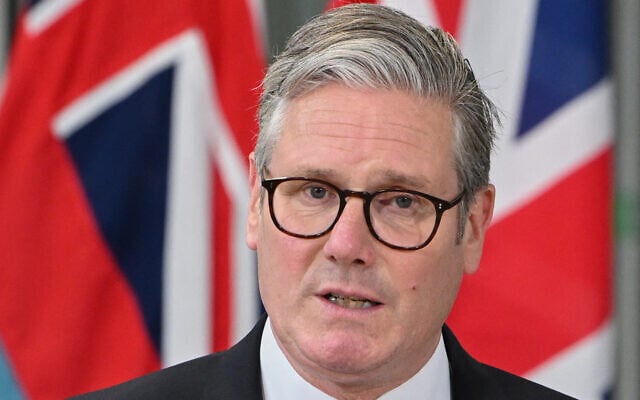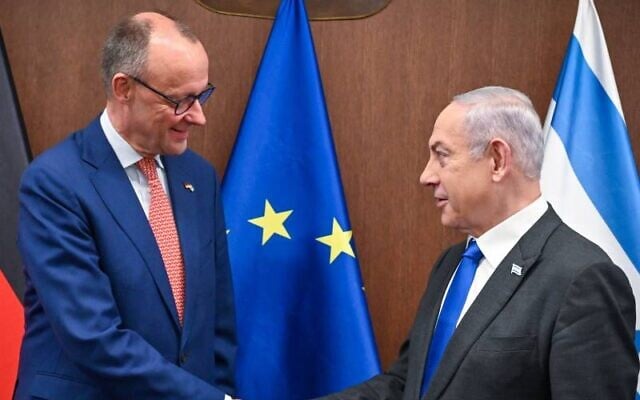



German Chancellor Friedrich Merz said Monday that there was no reason for him to criticize US and Israeli attacks on Iran in light of evidence that Tehran was pursuing a nuclear weapon.
“The evidence that Iran is continuing on its path to building a nuclear weapon can no longer be seriously disputed,” Merz said at an event organized by the BDI German industrial lobby group.
“There is no reason for us to criticize what Israel started in Iran a week ago, nor is there any reason to criticize what America did there last weekend,” he posted to X on Monday afternoon, repeating comments he made at the event. “It’s not without risk. But leaving things as they were wasn’t an option either.”
The US strikes on Iran this past weekend targeted key nuclear sites, including the underground enrichment facility at Fordo. Israel’s strikes, which began on June 13, have also hit Iran’s other nuclear enrichment centers and military sites.
In his speech, Merz called Iran a “terror regime,” citing its funding of terror groups that seek Israel’s destruction.
“Israel has been under attack from Iran for years, if not decades, including through the financing of Hamas, Hezbollah, militias in Iraq and in many other places around the world,” he said.
Last week, Merz praised the strikes on Iran as “the dirty work Israel is doing for all of us.” In his speech on Monday, he said that the American strikes were justified because evidence shows Iran is “continuing to move forward with building a nuclear weapon.”
“No one needs bunkered facilities up to 100 meters below ground for the enrichment of uranium for peaceful purposes,” he said.
On Sunday, following the US strikes, British Prime Minister Keir Starmer called a nuclear Iran “the greatest threat” to regional stability while urging de-escalation.
“We’ve long had concerns about the Iranian nuclear program, and being very clear that Iran cannot have a nuclear weapon,” Starmer said in a video posted to X. “The US has now taken action to alleviate that threat. It is important that we now de-escalate the situation, stabilize the region, and get the parties back around the table to negotiate.”

He added: “I’m very clear in my own mind that Iran cannot be allowed to have a nuclear weapon. That is the greatest threat to stability in the region.”
French President Emmanuel Macron on Sunday also warned against an “uncontrolled escalation” in the Middle East. He did not directly criticize the US and Israeli strikes.
“No strictly military response can produce the desired effects,” Macron told a French defense council meeting in Paris. “The resumption of diplomatic and technical discussions is the only way to achieve the goal we all seek, which is to prevent Iran from acquiring nuclear weapons.”
The leaders’ comments come as Spain’s foreign minister, Jose Manuel Albares, called Monday for the European Union to suspend the pact that governs the relationship between the EU and Israel over what he calls human rights violations in Gaza. He also called for an arms embargo on Israel and sanctions on individuals who are undermining the two-state solution.
Italian Foreign Minister Antonio Tajani opposed suspending the agreement and called for maintaining relations with Israel.

